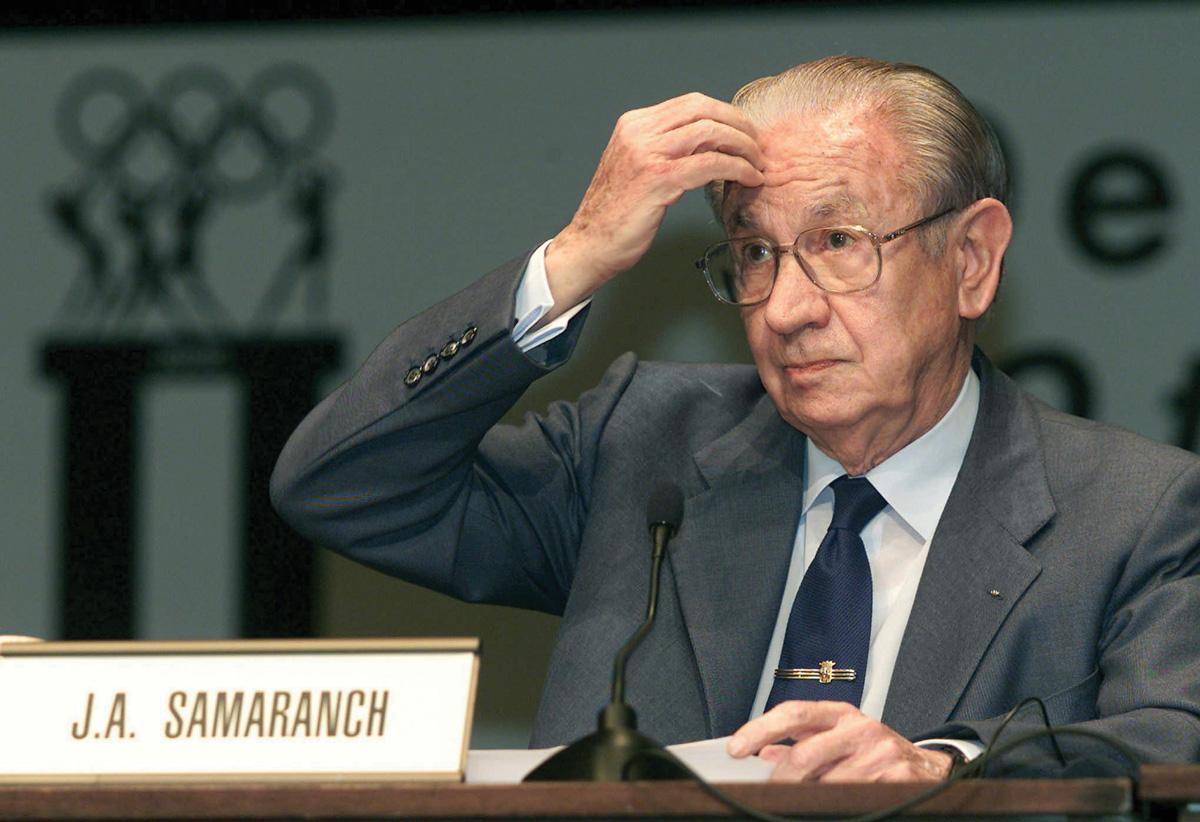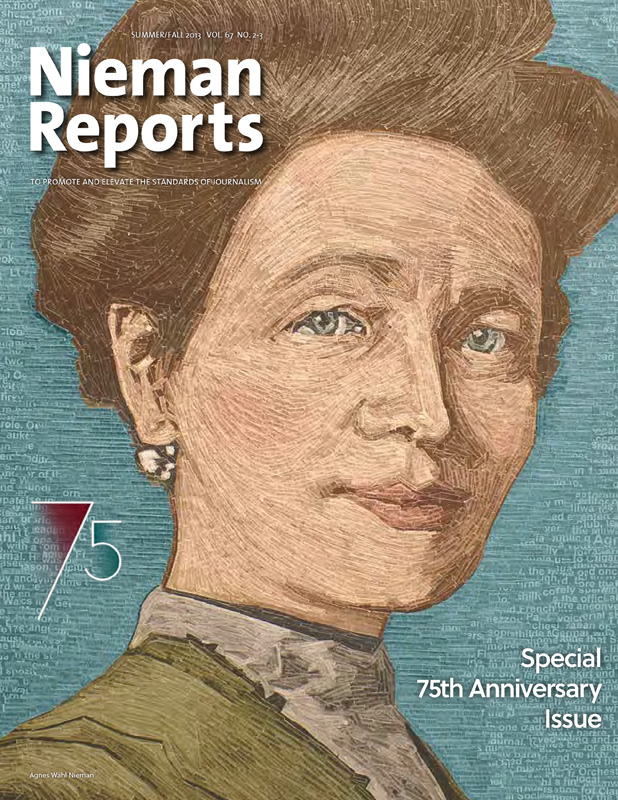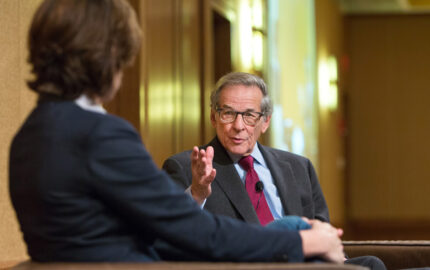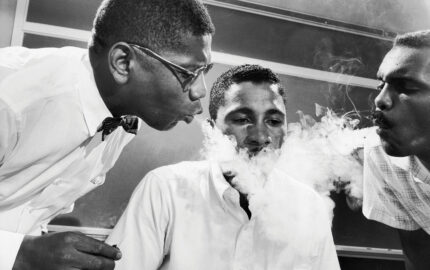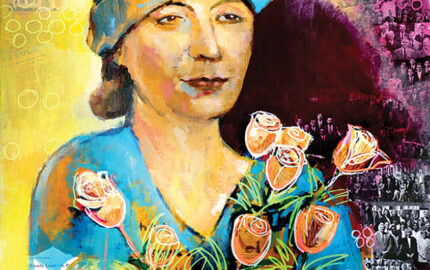For the last 10 of his 30 years at NPR, Berkes has been a rural affairs correspondent. He also is a veteran Olympics reporter, careening downhill on a luge sled and investigating bribery and corruption
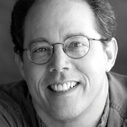
Our very last official Nieman task was an assignment from the curator. Bill Kovach asked us to take the sum total of our experience and consider how we’d take our Nieman year into the future. We were required to write down specific goals, and I stared at a blank yellow legal pad.
I thought about Kovach himself and the journalistic example he provided. I remembered conversations about the journalistic mission—holding the powerful accountable and digging beneath the surface. And I went back a decade to the 1988 Winter Olympics in Calgary. The most indelible image while reporting the Games was the shimmering chandeliers in the public restrooms at the official International Olympic Committee (IOC) hotel. In stark contrast, Olympic athletes were housed in spartan cinder block dorms. Juan Antonio Samaranch, the IOC president at the time, liked to be referred to as “excellency,” giving credence to the notion that the IOC was a kingdom searching for a country every couple of years.
Ten years later, as I stared at the yellow legal pad in Lippmann House, I wrote something like this: Dig into the inequities and royal nature of the Olympics. And by the end of the year, I had followed the Kovach path, helping to expose illicit gifts, cash payments, and free vacations for IOC members, courtesy of the committee that sought the 2002 Olympics for Salt Lake City. A federal criminal investigation followed along with congressional hearings. Samaranch was not permitted to sneak past reporters for a congressional hearing; like everyone else, he was forced to use the public entrance, empty his pockets into a plastic tray and walk through a metal detector. Despite the distance from Lippmann House, the despairing look on the face of his “excellency” symbolized the fulfillment of my Nieman year.
